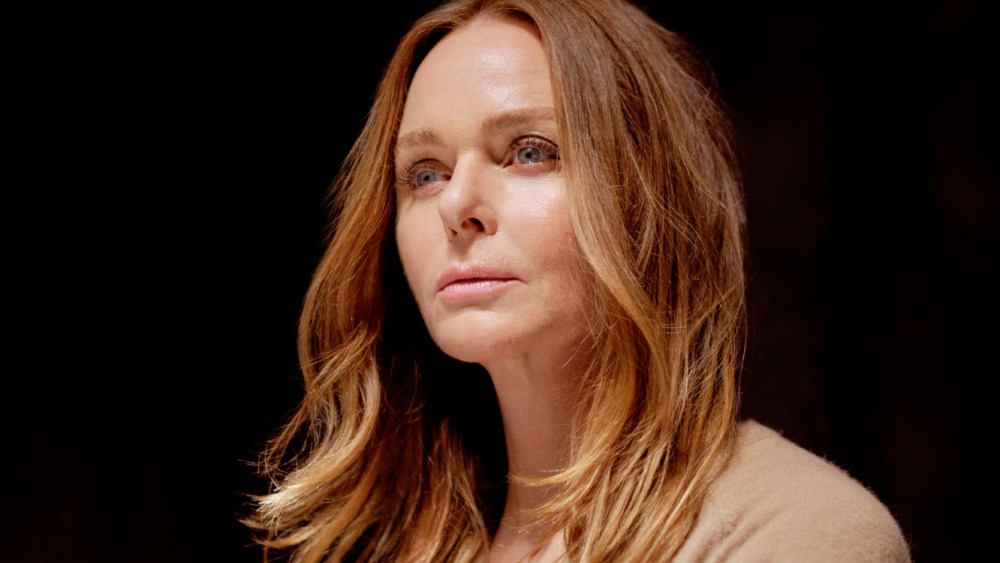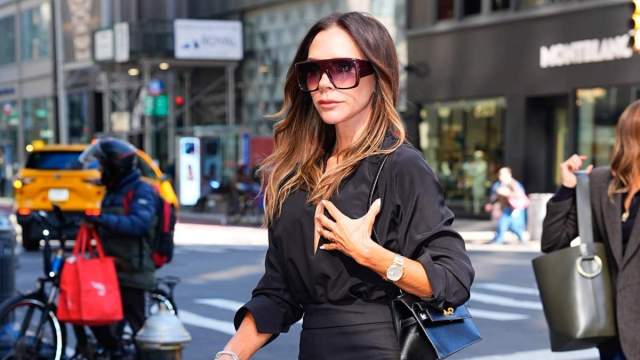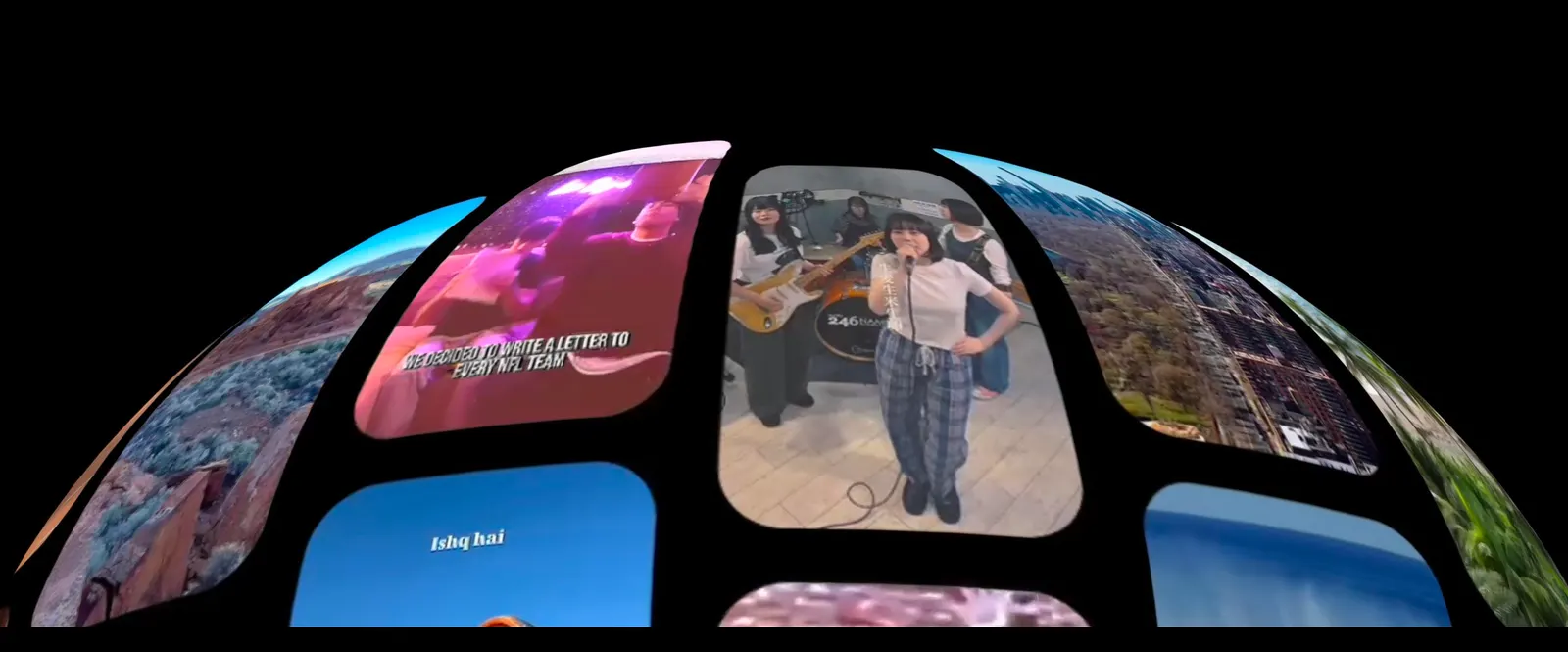RIYADH — Riyadh Fashion Week is returning this week with its most ambitious schedule to date, featuring more than 30 runway shows and presentations across six days, culminating in a closing show by Stella McCartney.
The expanded program marks a significant milestone for the event, which has quickly established itself as a cornerstone of the Middle East fashion calendar since its 2023 debut. The increased scale reflects the growing momentum of Saudi Arabia‘s fashion sector and the Kingdom’s expanding role as a global fashion hub.
McCartney will present her first show in Saudi Arabia on the final day, Oct. 21, showcasing a special edit of recent collections alongside archival pieces, bringing her conscious luxury vision to the Kingdom. Burak Cakmak, chief executive officer of the Saudi Fashion Commission, said McCartney’s participation marks a “milestone for Saudi Arabia’s creative evolution.”
“Her commitment to sustainability and innovation reflects the values we are championing as we build a responsible and forward-looking fashion ecosystem,” he added.
The week will also feature presentations from Vivienne Westwood in collaboration with Art of Heritage by Princess Noura Al Faisal. The Saudi designer lineup demonstrates the breadth of talent emerging from the Kingdom. Couture houses Tima Abid and Atelier Hekayat will present alongside sustainable ready-to-wear label Abadia, contemporary designer Hindamme, and streetwear brand 1886, among others. The diverse roster, from haute couture and ready-to-wear to contemporary streetwear, underscores Riyadh Fashion Week’s mission to celebrate Saudi design in all its forms.
Riyadh Fashion Week 2024
Courtesy.
The programming combines large-scale runway shows with intimate presentations, offering a platform that accommodates emerging voices alongside established names. For Saudi designers, the format diversity and curation standards have elevated the platform’s credibility.
Razan Alazzouni, founder of her eponymous label, noted the event’s evolution in her second year participating. “You can see how every year the fashion week is becoming bigger and the participants are more diverse, and the collections shown are very, very different, but at the same time, all of the same quality and standards,” she said. “Before participating in Riyadh Fashion Week, we go through a review process where they review the quality of the designs as well as the quality of the production. Fashion week does give that exposure that you wouldn’t necessarily get otherwise — when it’s one event with multiple designers showing, it’s always a more appealing thing for international press or gives leaders in the industry an opportunity to see multiple brands at the same time.”
Arwa Al Banawi, founder and creative director of Arwá, emphasized the significance of having a choice of presentations. “This is pivotal in allowing us to communicate our story, to tell the story of the codes of the house in a format that feels deeply aligned with our values — intimacy, narrative and craft,” she said. Noting the her label rebranded earlier this year, she added: “We’ve been intentional about selecting the more salon-style setting, as we did back in 2016 in Paris in our showrooms. These presentation formats offer a quieter luxury.”
Fahad Aljomiah, cofounder and CEO of 1886, has seen exponential growth for his brand in the last year, recently opening a boutique at Riyadh’s Solitaire mall alongside noted global luxury brands. He shared that the week’s diverse lineup fosters a nice creative exchange. “Riyadh Fashion Week has become a real reflection of Saudi Arabia’s creative pulse, whether it’s couture or contemporary to streetwear,” he said. “It pushes us to constantly redefine what ‘Saudi fashion’ can look like. For 1886, it’s about merging cultural roots with a forward global mindset. We are about translating heritage not through patterns or symbols, but through attitude, form and narrative.”

The new 1886 boutique at Riyadh’s Solitare Mall opened earlier this year.
He also noted that having this platform enables more engagement with global buyers, editors, and industry leaders at home. “That changes everything. It feels like we’re no longer ’emerging,’ we’re participating as equals,” he said. “It’s also opening doors for collaboration, retail expansion and a stronger dialogue between Saudi creativity and the world.”
The event has attracted corporate support, with Cenomi Centers, a mall operator, and Saudia, the national carrier, joining as official partners.
The Saudi Fashion Commission, which operates under the country’s Ministry of Culture, was founded in 2020. They have been working fast to not just develop the creative platform of fashion week, but also regulatory frameworks and investment opportunities to support the next generation of Saudi fashion talent to position Saudi Arabia not just as a fashion market, but as a creative capital.


